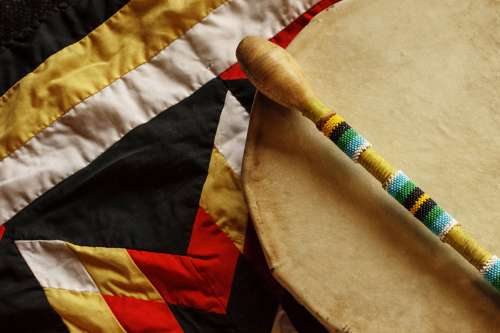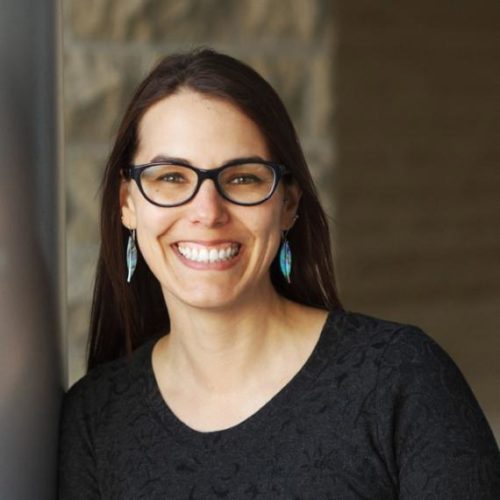
As we move into National Indigenous History Month, people across Canada continue to process the tragic loss of 215 children at the former Kamloops Indian Residential School on Tk’emlúps te Secwépemc.
This recent announcement is a stark reminder of Canadians’ responsibility to learn about our history and the intergenerational effects of residential schools and our responsibility to continue to work toward reconciliation and decolonization.
National Indigenous History Month is a “starting point” for this learning, said Cara Wehkamp, U of G’s special adviser to the president on Indigenous initiatives.
“National Indigenous History Month is an opportunity for people across Canada to deepen their understanding of the rich and diverse cultures of First Nations, Inuit and Métis peoples, to reflect on the past, to celebrate the ongoing contributions of Indigenous peoples, and to help envision and work toward a collective path forward for the generations yet to come,” said Wehkamp.
“It can act as a starting point to hear our languages and stories, to build relationships and to learn about our knowledges, cultures and legacies the whole year through.”

Universities have an immense responsibility and role in reconciliation with First Nations, Inuit and Métis peoples, added Wehkamp.
“Through their role in educating future generations of citizens and community dialogue, universities can directly help to redress the damage caused by colonial practices and policies,” she said.
“This includes a need to assist with unearthing past wrongs, educating on the truth and actively addressing colonial injustices. It also requires creating spaces where First Nations, Inuit and Métis peoples and communities can engage with education and research that upholds their inherent rights and identities and allows them to flourish.”
Throughout the month, the University will honour the contributions of First Nations, Inuit and Métis people in the U of G community and beyond through videos and stories. Features will include content highlighting Indigenous researchers, projects on incorporating Indigenous knowledge systems into conservation efforts and curriculum, and University initiatives aimed at removing barriers for Indigenous students, faculty and staff.
The McLaughlin Library will also host a collection, Exploring Indigenous Narratives and Worldviews, to celebrate National Indigenous History Month. The collection was curated by Indigenous Initiatives and the Indigenous Student Centre to share the voices and experiences of First Nations, Inuit and Métis people through research and storytelling. This display contains a variety of novels, children’s literature, research and scholarly texts and memoirs.